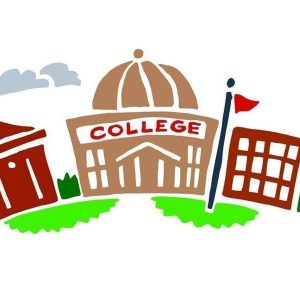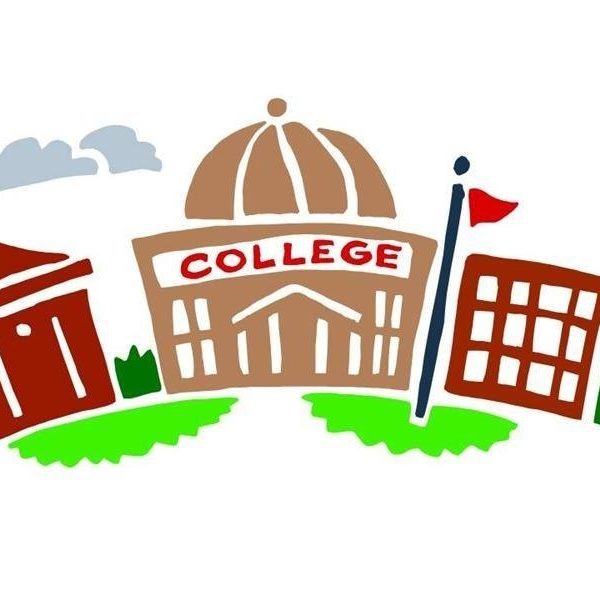So you decide you want study engineering in college. Now what? Can you go to any school to major in engineering? There are several steps you should take to look for an engineering college.
What Kind of Engineer?
First you need to determine what kind of engineer you would like to become. There are many different fields of engineering such as mechanical, civil, aerospace or computer engineering. It is a good idea to first find out a bit about each field to determine where your interests and strengths fit best.
What Colleges Have My Major?
Next you need to look for schools that offer programs in that engineering major. Not all colleges offer engineering programs. In addition, not every college that has an engineering school offers degrees in every field of engineering. It is important to find out if the school offers the exact engineering major you are interested in so you are not wasting your time. Majors are listed on each college's website. Another good resource for this is US News List of Best Engineering Colleges.
How To Narrow It Down
After finding schools that have your major you should then consider the size of school you are interested in and the geographic location you would like to be in. This will help narrow down your choices. Virtual or actual tours of colleges can help you decide what size and location is best for you.
Grades and Scores
High school grades and standardized test scores play a big role in choosing a college. College websites will list the average scores they require for admission. Researching this will help you determine which schools you have the best shot of getting into, before you apply.
Tuition
An additional factor in choosing a college is cost. Individual college websites will list the tuition and other charges to attend that school. Loans, financial aid and scholarships are offered at most schools to help you pay for it. Unfortunately, you won't know if you qualify for them until after you apply to each school. Therefore, it is important to understand what you can afford before you apply.
 In short, the search for an engineering school is not simple. Looking for a college for engineering takes some thought and research, but the end result will be the perfect college for you.
In short, the search for an engineering school is not simple. Looking for a college for engineering takes some thought and research, but the end result will be the perfect college for you.



 You are good at math and science so majoring in engineering in college is a great idea. Now that you have picked a major you just have to choose a college to go to. This is not as easy as you might think.
You are good at math and science so majoring in engineering in college is a great idea. Now that you have picked a major you just have to choose a college to go to. This is not as easy as you might think. Due to COVID-19 the traditional college search has changed. Since campus visits can't happen, many colleges now offer virtual information sessions. These sessions are done in different ways. Many are offered in a webinar format with interactive chat for questions. Some are prerecorded slideshows of information. Some schools offer just general information sessions, while others have general sessions and sessions on specific majors. Most also offer a
Due to COVID-19 the traditional college search has changed. Since campus visits can't happen, many colleges now offer virtual information sessions. These sessions are done in different ways. Many are offered in a webinar format with interactive chat for questions. Some are prerecorded slideshows of information. Some schools offer just general information sessions, while others have general sessions and sessions on specific majors. Most also offer a  Not all engineering programs offer experiential learning opportunities. Many have it built into their curriculum. Others do not offer these experiences and the student has to look for them on their own.
Not all engineering programs offer experiential learning opportunities. Many have it built into their curriculum. Others do not offer these experiences and the student has to look for them on their own. Many colleges are now offering virtual information sessions due to COVID-19. These sessions are a great way to get information about a school when you can't actually visit the campus. The sessions are often conducted in a webinar format with interactive chat so you can ask any questions you might have. Some schools offer just general info sessions, while others have general sessions as well as sessions on specific majors. Many also offer
Many colleges are now offering virtual information sessions due to COVID-19. These sessions are a great way to get information about a school when you can't actually visit the campus. The sessions are often conducted in a webinar format with interactive chat so you can ask any questions you might have. Some schools offer just general info sessions, while others have general sessions as well as sessions on specific majors. Many also offer